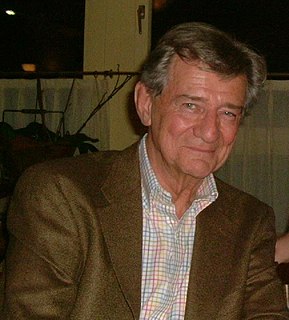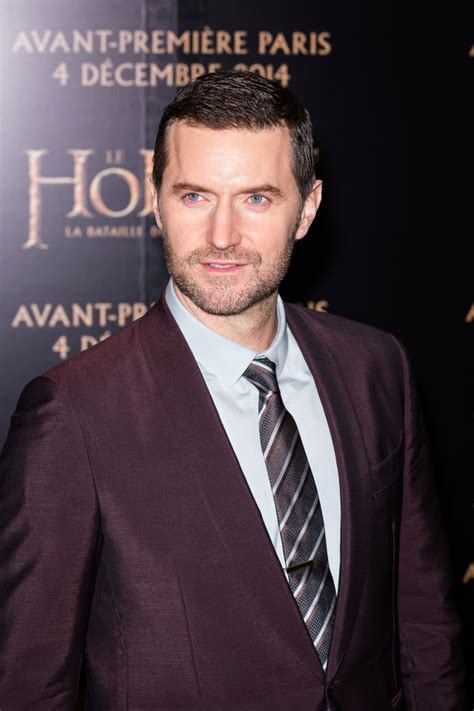A Quote by Ang Lee
At times I can't help going for visual comfort. Sometimes a picture fills up your head, and you try to move the actors around to make that visual statement.
Related Quotes
The advice I would give to any photographer - young, old or in-between - is to explore anything visual because this is, after all, how you express your artistry. Look at paintings, movies, drawings, sculptures - look at anything visual and try to integrate that into your visual sense. After that, go out and take pictures and keep on taking pictures!
Usually in theater, the visual repeats the verbal. The visual dwindles into decoration. But I think with my eyes. For me, the visual is not an afterthought, not an illustration of the text. If it says the same thing as the words, why look? The visual must be so compelling that a deaf man would sit though the performance fascinated.
I'm a big fan of fiction film where you have a story and you have to transform that into a visual language, basically working with actors and also transforming that into how you pronounce that in the visual language of the shots, the construction of the shots and the lighting. All of that appealed to me from the beginning of my career at the university. When I graduated from the university, I wanted to deal mainly with that, with the visual aspect of the movie.
The brain "fills in" the missing information from the blind spot. Notice what you see in the location of the dot when it's in your blind spot. When the dot disappears, you do not perceive a hole of whiteness or blackness in its place; instead your brain invents a patch of the background pattern. Your brain, with no information from that particular spot in visual space, fills in with the patterns around it. You're not perceiving what's out there. You're perceiving whatever your brain tells you.
As far as stimulus from the visual arts specifically, there is today in most of us a visual appetite that is hungry, that is acutely undernourished. One might go so far as to say that Protestants in particular suffer from a form of visual anorexia. It is not that there is a lack of visual stimuli, but rather a lack of wholesomeness of form and content amidst the all-pervasive sensory overload.





































